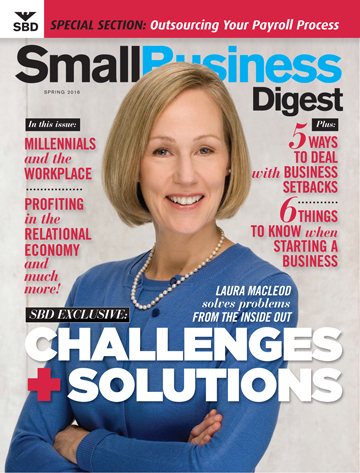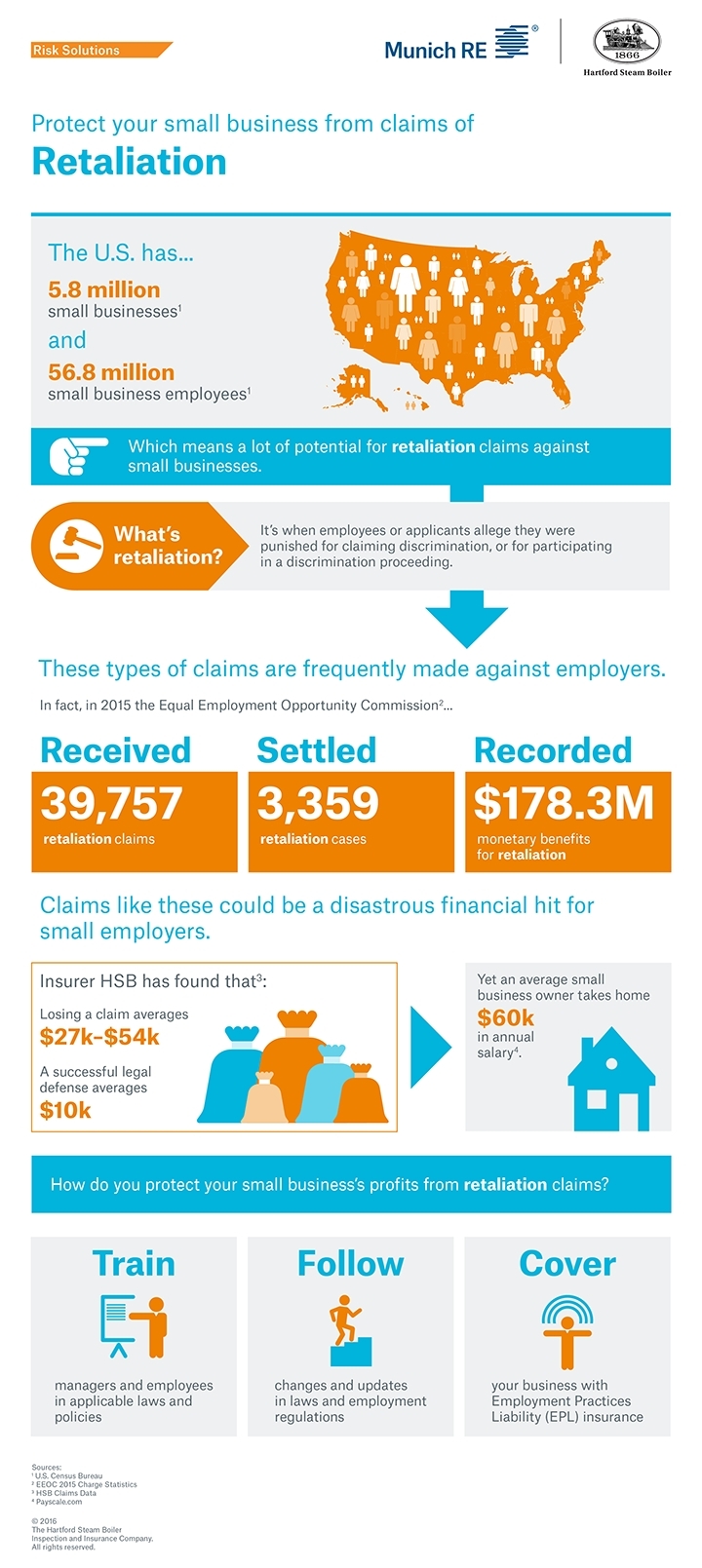Cashing In: Small Businesses Appear Primed to Pay Higher Salaries
After a number of lean years, both during and after the Great Recession, small businesses are beginning to turn a corner. Their optimism about the economy is rising in concordance with increased profits and revenues.
Early indications in 2015 suggest this will lead to higher salaries for small business employees – a welcome shift for individuals and the larger economy.
SurePayroll provides online payroll services to small businesses nationwide and collects monthly data on hiring and wages, primarily for so called microbusinesses, those with 1-10 employees. Our monthly survey gives us some unique insights into small business trends.
While the average paycheck has dropped 1.8 percent over the last year, according to SurePayroll’s Small Business Scorecard survey, it is up 0.6 percent so far in 2015.
Why Are Small Business Salaries Moving Up?
They say cash is king, and right now more than half (52%) have extra money available. This could mean hiring or increasing the salaries of existing workers.
The reason they have extra cash on hand includes the following impressive statistics.

Small business owners are also considerably more optimistic about the small business economy than they were a couple years ago.
Macroeconomic Factors
While there will always be challenges – and half are still concerned about slow growth in the economy generally – small business owners seems to have come to terms with some of the bigger ones.
Most notably, as far as salaries go, only 18 percent say a minimum wage increase will be a major challenge in 2015 – suggesting they’re either already paying employees more than minimum wage or can handle the impact of it going higher.
Concerns around health care reform have also dropped significantly. Only 38 percent list it as a major challenge going forward, compared to 55 percent at the end of 2013.
Major Challenges Predicted By Small Business Owners in 2015*

A Move Towards Hiring
A year ago, 59 percent of small business owners were saying that the cost of salary and benefits were a major barrier to hiring. Today, just 29 percent see that cost as a barrier. Instead, their focus is on finding the right candidates, as 57 percent now see that as the bigger obstacle to hiring.
One logical conclusion might be that they will offer more competitive salaries to bring on more skilled workers.
We, of course, can’t predict the course of salaries or hiring, but it’s encouraging to see several indicators pointing in the direction of better paid small business employees.
Stefan Schumacher is the editor of The Payroll Blogfrom SurePayroll, Inc., a provider of online payroll services to small businesses nationwide.




